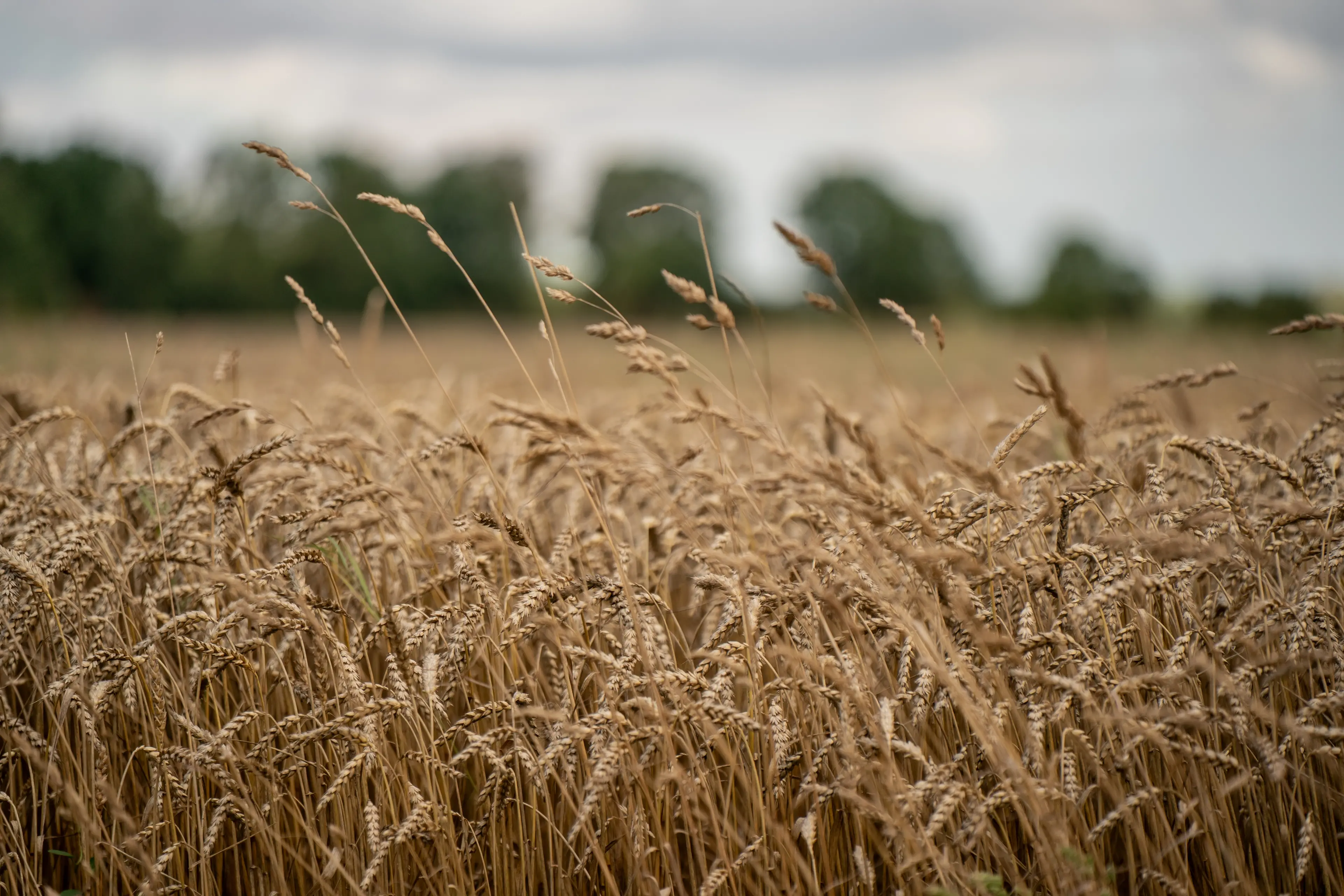PHOTO
I appreciate Pam Nankivell’s interest in the Waste to Energy proposal and her call for reasoned discussion (see letter published Thursday, 6 November).
However, there are a few important points that deserve clarification.
The reason so many locals, including the Parkes Clean Future Alliance, are speaking up now is because experience shows that once the “final plans” are released, community consultation often becomes a box-ticking exercise.
Raising questions early isn’t alarmism; it’s accountability.
Pam suggests we should welcome a facility that converts waste into energy. That might sound like progress, but in truth it’s a step backwards for a farming region built on clean air and healthy soil.
In practice, no Energy-from-Waste facility in Australia has yet proven safe in an agricultural area or economically sound without major public subsidies and long-term waste supply contracts.
These plants reduce the volume of waste, but the ash and other residues still require disposal in licensed facilities, so landfilling is not eliminated. They simply transform one type of waste problem into another.
While minimal energy is recovered, the process does not remove the environmental and health responsibilities associated with proper disposal of residuals.
This debate isn’t about opposing progress or jobs, it’s about what kind of industry we want shaping Parkes’ future.
The risks to our air quality, farmland, health, and community far outweigh the benefits of 30 or 40 short-term jobs when compared with what agriculture already contributes to Parkes every day.
Pam asks why Parkes people are allowing themselves to be frightened by misinformation. The truth is, people aren’t afraid because of rumours, they’re concerned because there are too many unanswered questions.
When information is incomplete or inconsistent, it’s natural for a community to ask questions and expect transparency.
If there truly is nothing to worry about, then providing clear, independent data and open consultation should be easy.
Instead, the public has been met with limited detail, conflicting statements, and a lack of clarity around air emissions, ash disposal, and long-term monitoring.
That’s not misinformation, that’s uncertainty created by poor communication.
To make matters worse, much of the language surrounding these projects has been cloaked in greenwashing, marketing them as “clean,” “renewable,” or “sustainable” when, in reality, they rely on burning mixed waste, producing greenhouse gases and toxic residues.
Governments and proponents alike have been eager to frame incineration as part of a circular economy, when it actually undermines genuine recycling and waste reduction efforts.
People in Parkes aren’t being misled by scare campaigns, they’re being cautious because they can see through the spin. And that’s a sign of an engaged, informed community, not a fearful one.
If the goal is cleaner energy and a circular economy, there are better, proven options: composting, anaerobic digestion, and genuine waste reduction.
Burning waste is not recycling, it’s a last resort that locks us into more waste, not less.
We all want Parkes to thrive, but not at the cost of our agricultural industry.
I respect debate, but when my livelihood is at stake, I reserve the right to hold a differing view.
Asking questions now is how we protect the future of our farms, our air, and our community, honouring the generations before us, safeguarding the land for those yet to come; and echoing Pam’s own reference to Franklin Roosevelt: “A nation that destroys its soils destroys itself.”
Sharon Woods, Parkes





